Summaries of books about Science & Math:
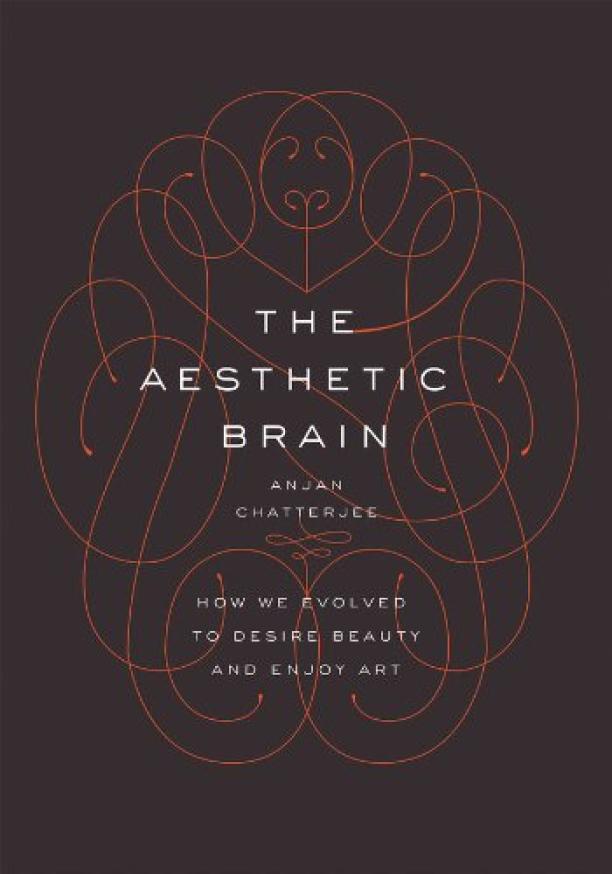
The Aesthetic Brain
How We Evolved to Desire Beauty and Enjoy Art
Anjan Chatterjee
The book explores the neurological underpinnings of our appreciation for beauty, art, and aesthetics, drawing on evolutionary psychology, neuroscience, and philosophy. It examines how aesthetic preferences are not just cultural constructs but are also shaped by evolutionary forces and brain processes.
See full summary

Global Catastrophes and Trends
The Next Fifty Years
Vaclav Smil
The book provides a rigorous analysis of the potential large-scale disasters that could occur in the next half-century, including natural events, diseases, and human-made crises. It also examines long-term global trends in areas such as energy, environment, and geopolitics, assessing their possible impacts on human societies.
See full summary
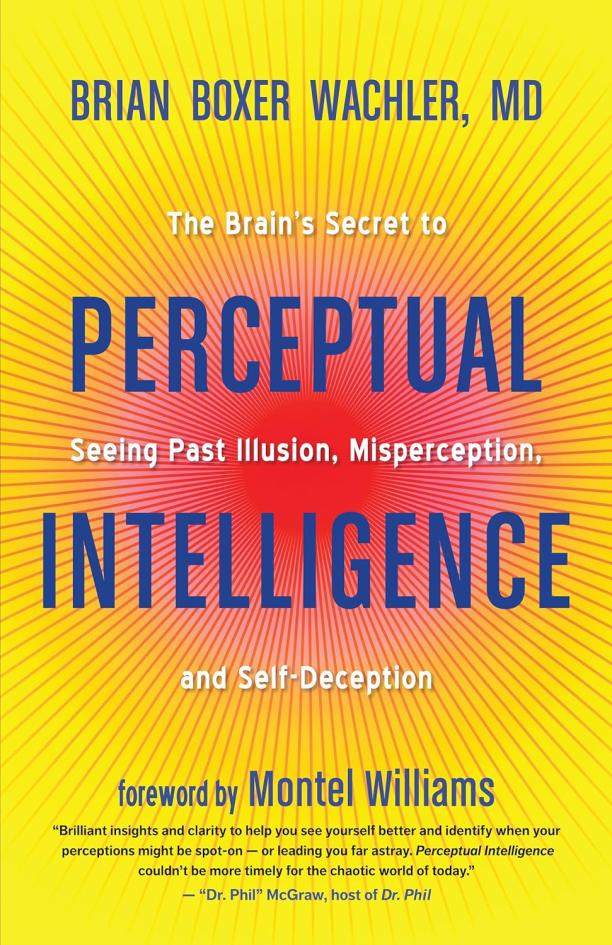
Perceptual Intelligence
The Brain's Secret to Seeing Past Illusion, Misperception, and Self-Deception
Brian Boxer Wachler
The book explores the concept of perceptual intelligence, which is the brain's ability to interpret sensory data and navigate the gap between subjective perception and objective reality. It delves into how our senses, emotions, and past experiences shape our perceptions, often leading to misperceptions and self-deception, and offers insights on how to enhance our perceptual intelligence to make better decisions in our lives.
See full summary
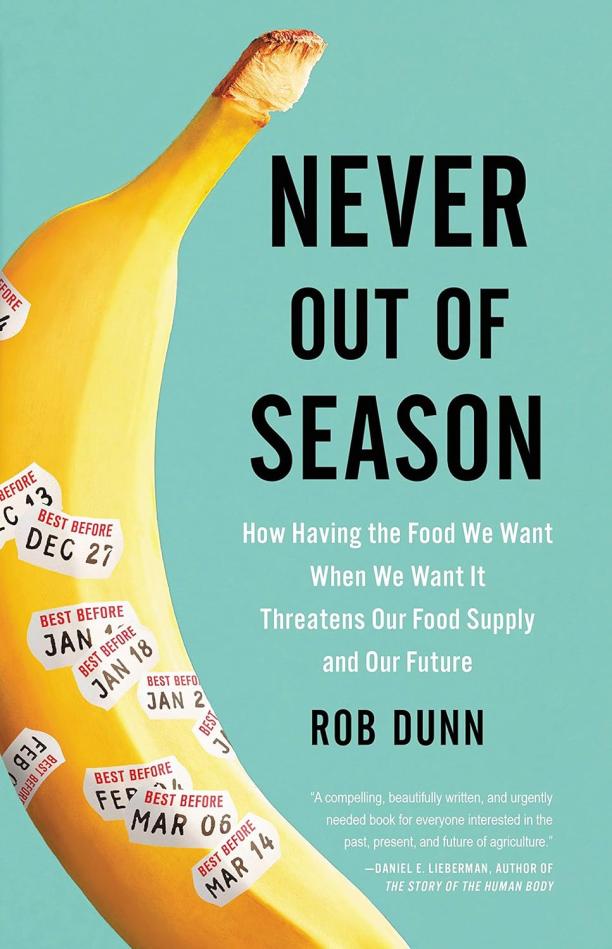
Never Out of Season
How Having the Food We Want When We Want It Threatens Our Food Supply and Our Future
Rob Dunn
The book examines the vulnerabilities of the global food system, highlighting the risks of relying on a limited variety of crops. It delves into historical and contemporary examples of agricultural collapse and the importance of biodiversity to ensure food security and prevent ecological disasters.
See full summary
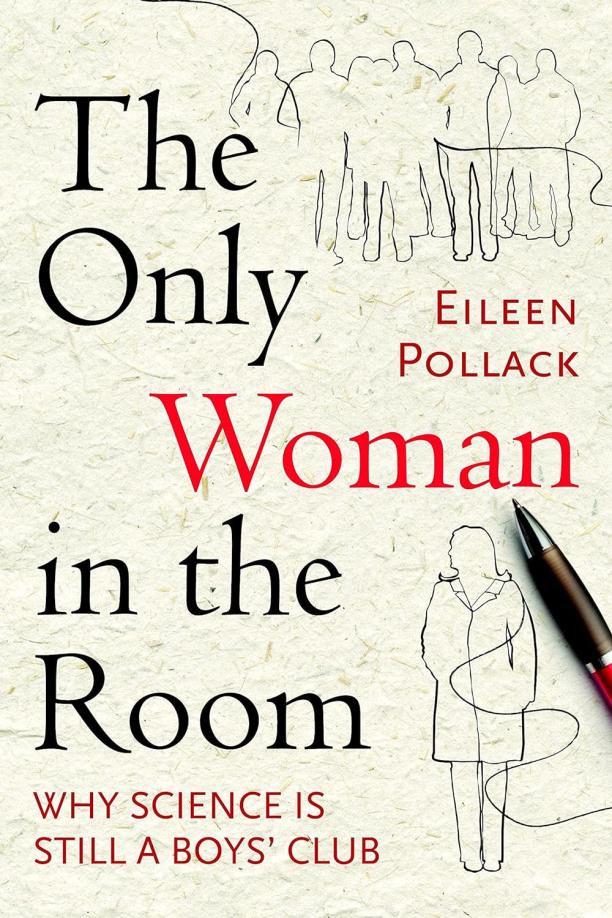
The Only Woman in the Room
Why Science Is Still a Boys' Club
Eileen Pollack
The book explores the reasons behind the underrepresentation of women in the sciences, drawing on the author's personal experiences and research to examine cultural, social, and institutional barriers. It delves into the challenges and biases that discourage women from pursuing careers in scientific fields, despite their capabilities and interest.
See full summary
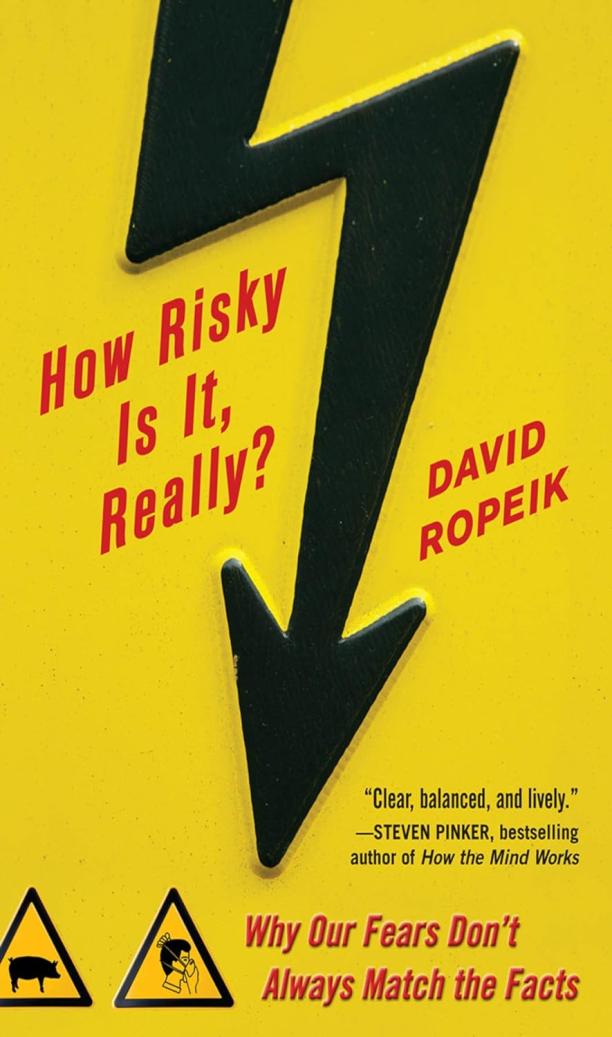
How Risky Is It, Really?
Why Our Fears Don't Always Match the Facts
David Ropeik
The book explores the psychological factors that lead people to misjudge the true risks of various situations and threats, often influenced by emotions, instincts, and social dynamics. It delves into the science of risk perception and offers insights on how to make better-informed decisions in the face of uncertainty.
See full summary
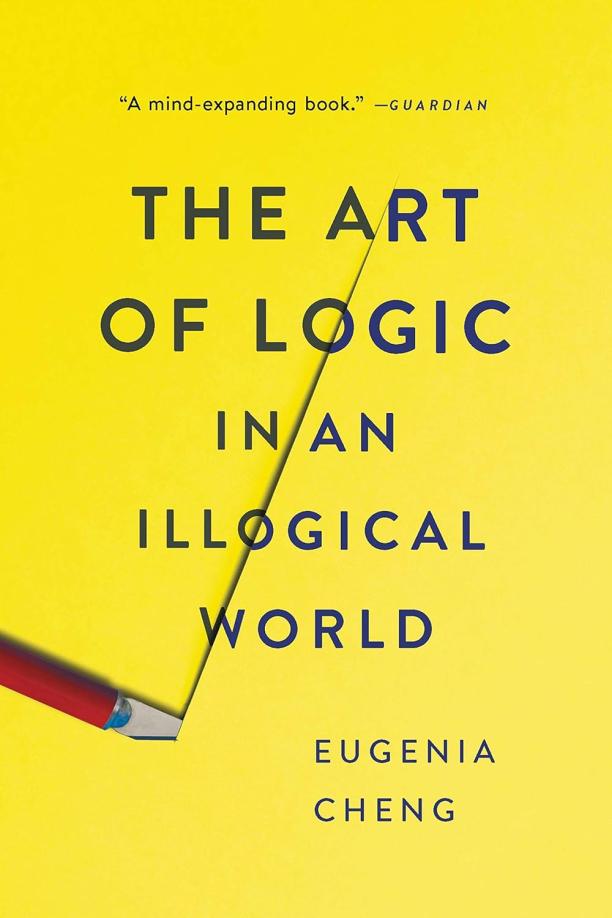
The Art of Logic in an Illogical World
Eugenia Cheng
The book explores the application of mathematical logic to understand and navigate the complexities of arguments and discussions in everyday life. It provides insights into how to dissect debates, recognize fallacies, and communicate more effectively by using principles from abstract mathematical concepts.
See full summary
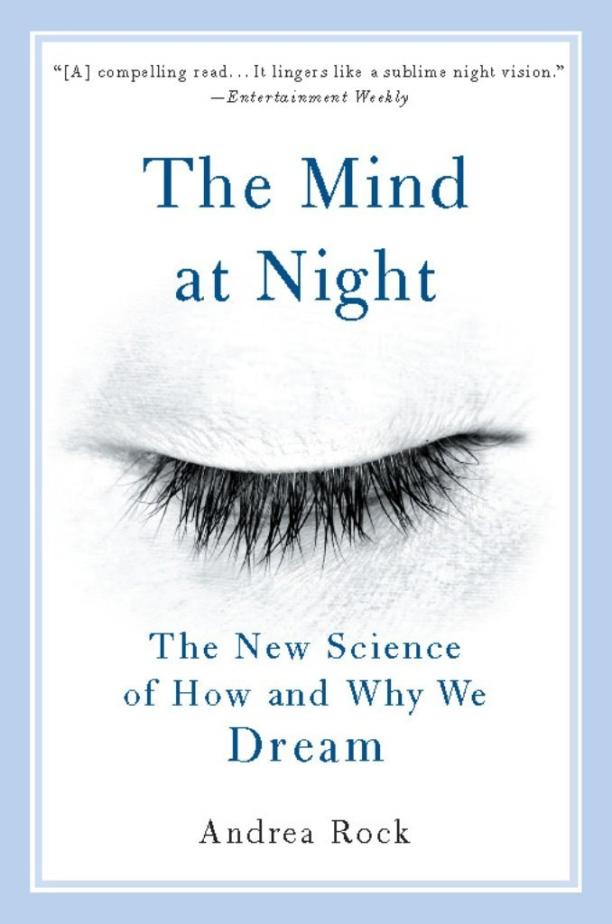
The Mind at Night
The New Science of How and Why We Dream
Andrea Rock
The book explores the latest research in neuroscience to understand the purpose and mechanisms of dreaming, examining how dreams affect learning, creativity, and consciousness. It delves into various dream theories, the role of REM sleep, and the psychological and biological functions of our nightly journeys.
See full summary
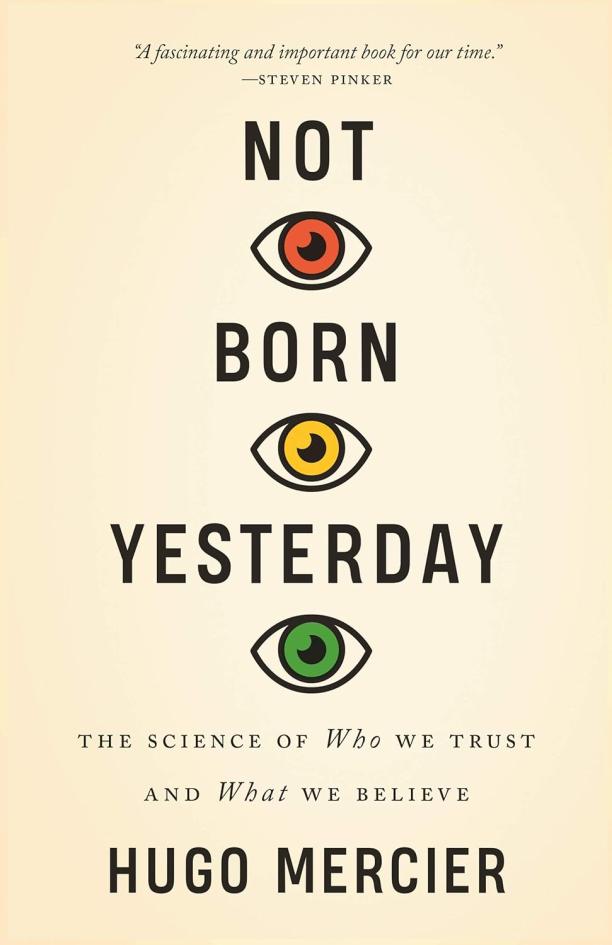
Not Born Yesterday
The Science of Who We Trust and What We Believe
Hugo Mercier
The book challenges the notion that humans are gullible and easily manipulated by presenting evidence that people are actually quite adept at evaluating information and the trustworthiness of its sources. It delves into the cognitive mechanisms behind how we process communication and persuasion, arguing that our social intelligence plays a crucial role in discerning truth from deception.
See full summary
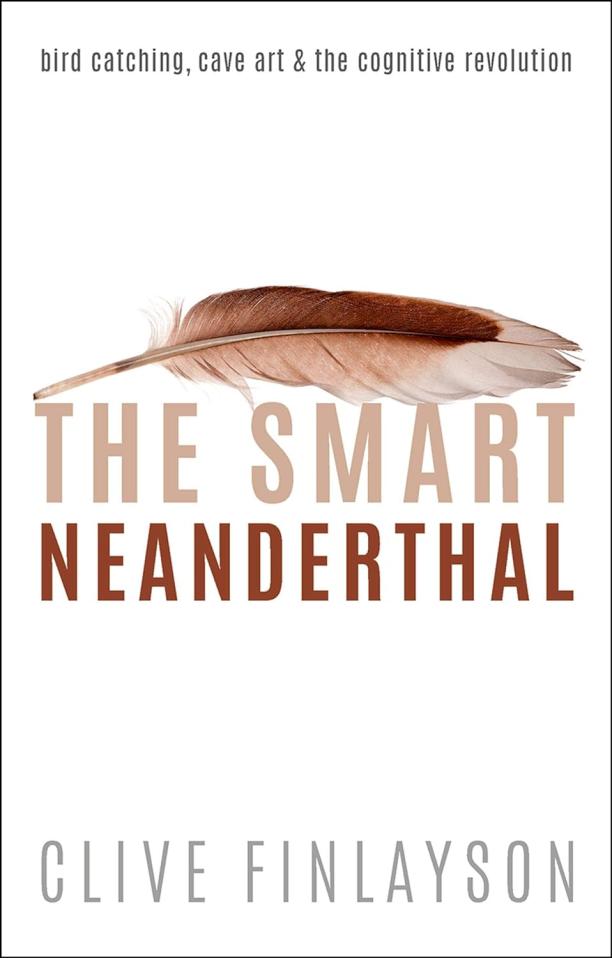
The Smart Neanderthal
Bird catching, Cave Art, and the Cognitive Revolution
Clive Finlayson
The book challenges the notion that Neanderthals were intellectually inferior to Homo sapiens by presenting evidence of their sophisticated behaviors, such as bird catching and cave art, suggesting they were capable of complex thought and symbolic expression. It explores archaeological findings and cognitive science to argue for a reassessment of the Neanderthals' cognitive abilities and their role in the human evolutionary story.
See full summary